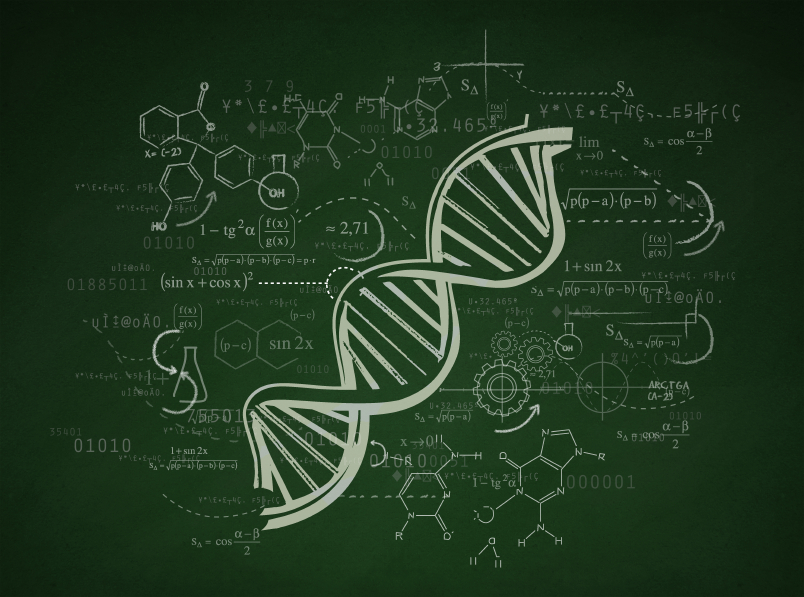On Thursday, three teams of scientists published the preliminary results of their studies of the treatment of Duchenne muscular dystrophy in the Science journal.
This hereditary disease affects one out of 5,000 children at birth and triggers progressive, irreversible degeneration of the muscles, including the heart, given an inability to produce the protein, dystrophin. It has been incurable in humans to date.
The three research groups have “been independently capable of restoring normal muscle function in rodents affected by the equivalent of Duchenne muscular dystrophy” using the CRISPR-Cas9 technique, which has allowed them to “restore the function of genes producing this protein”. The authors emphasise “the initial success of this DNA imprinting technology in the treatment of a genetic disorder in a fully developed living mammal using a strategy that may be applied in human therapy”. Earlier research corrected gene mutations of Duchenne muscular dystrophy “in cell cultures taken from patients”.
In this particular case, “CRIPR is being used to correct genetic mutations in the affected tissues of patients”. “There is no issue here”, contrary to the use of CRISPR in human embryo cells which “raises huge concerns, and rightly so given the ethical implications”(cf. Gènéthique du 30 décembre 2015).
TVA Nouvelles (31/12/2015)

